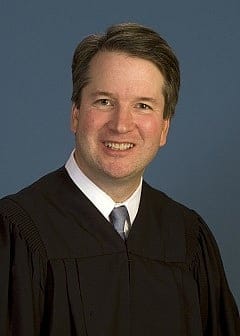Democrats the Party of Victimhood, Not Victims

The next time you hear liberal Democrats talking about how much they care about the rights and wishes of victims and the oppressed, think about what some of them connected to a prominent Democratic U.S. senator did to a woman now accusing U.S. Supreme Court nominee Brett Kavanaugh of assaulting her about 36 years ago when they were teen-agers.
The woman asked for confidentiality and anonymity. That's what U.S. Senator Dianne Feinstein (D-California), the only member of the committee who had the letter, gave her. But then someone (or some-ones) informed other Democrats on the committee about the letter, and eventually leaked it (or at least key contents of it) to various reporters.
